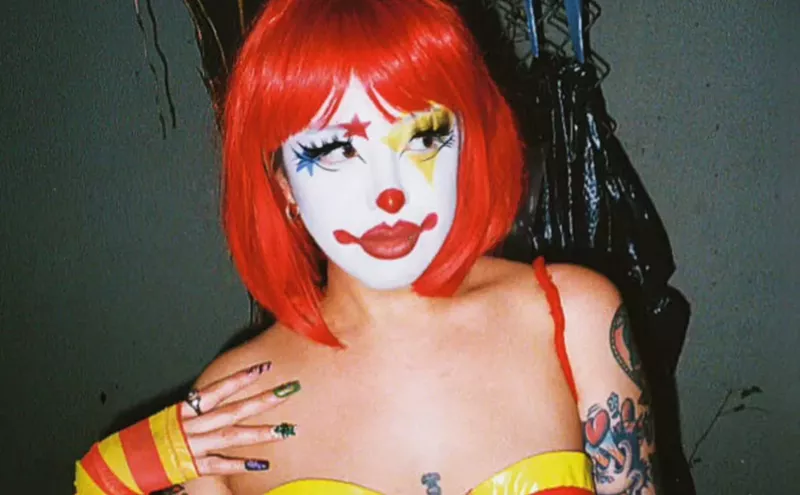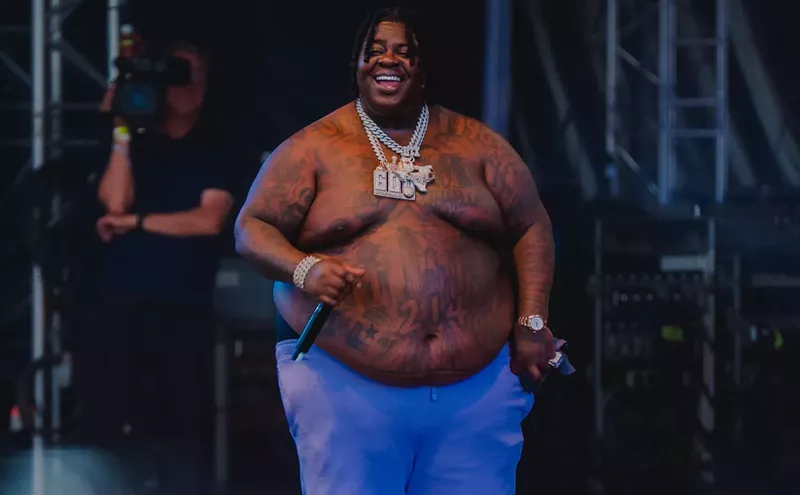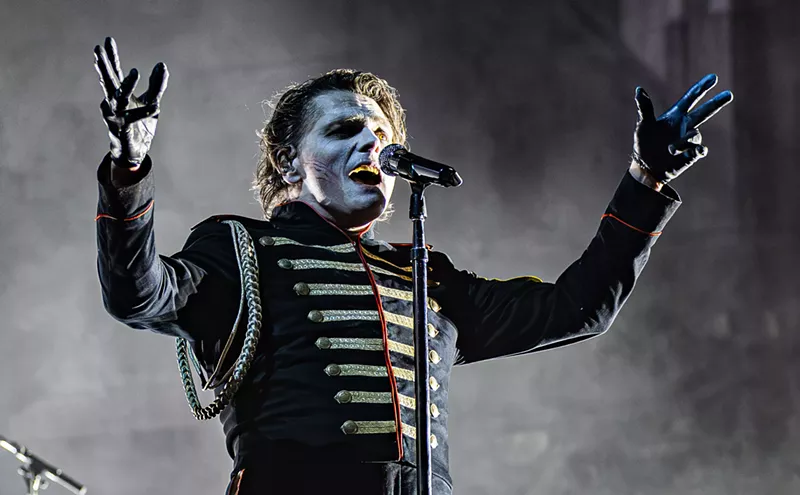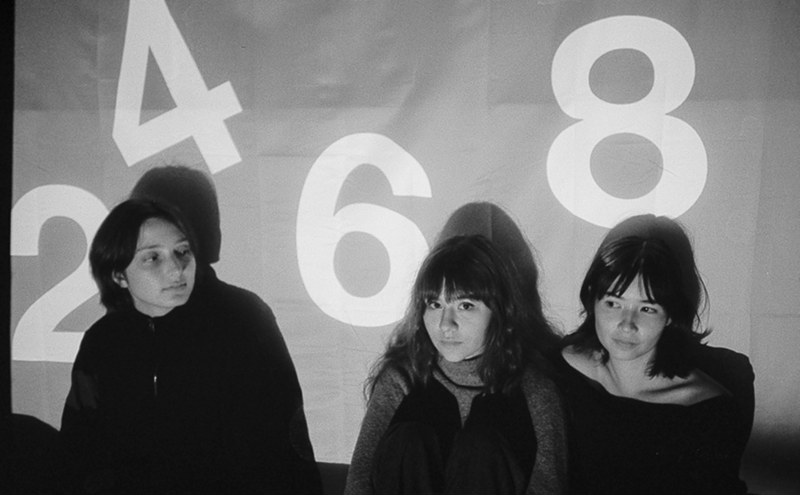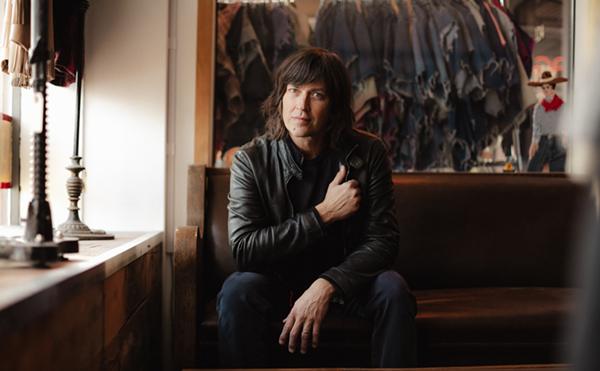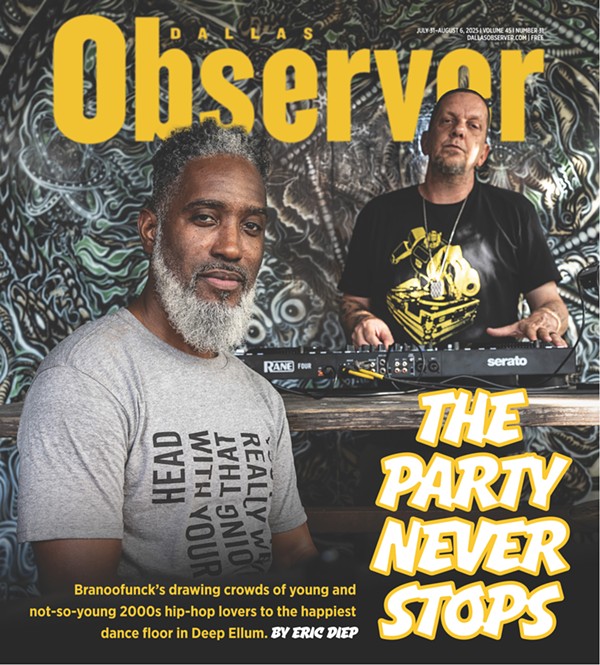On Jan. 6, moviegoers across the country received an email updating the status of their tickets to the upcoming biographical musical Better Man.
Although the film had debuted at the Toronto International Film Festival in September and was intended for wide release in the middle of January, Paramount Pictures made the unprecedented decision to forgo the expansion due to poor ticket sales in limited markets. This last-minute decision may have cost the studio some potential income, but it also may have saved them the embarrassment of having one of the lowest-grossing releases in years.
When looking at the most financially unsuccessful opening weekends in modern cinematic history, the public's lack of awareness follows a weak marketing campaign. That could not necessarily be said for Better Man — the film’s trailer had been widely circulated since October. Reviews proved to be positive, and the original song “Forbidden Road” even earned a nomination at the Golden Globes. However, the marketing campaign seemed to make a critical error in appealing to American viewers; although the film’s trailer refers to its subject, singer Robbie Williams, as “one of the most famous musicians in the world,” a vast majority of those in the U.S. have no idea who he is.
Better Man is the story of how Williams came from an impoverished background to become an absolute phenomenon in his home country of England. The film makes the creative choice to depict him as a computer-generated monkey, which Williams stated was a reference to how the media attention he received made him feel like a “dancing monkey” during public appearances. Nonetheless, Better Man is an otherwise accurate depiction of the shocking rise and fall of Britain’s signature “pop star bad boy.” During his 2006 Close Encounters tour, Williams earned a Guinness World Record for selling over 1.6 million tickets in a single day.
Williams’ career began at 16, when he became the youngest member of the British pop band Take That. Although the group was conceived to be a collaborative effort, Williams was clearly the star player and took precedence on the hits "Could It Be Magic," "I Found Heaven" and "Everything Changes.”
Williams eventually split from Take That in 1995 due to his consistent drug addiction issues and creative differences over the use of rap music.
It didn’t take long for Williams to become a standalone sensation, as his brilliant cover of George Michael’s “Freedom” was followed with universal acclaim for his single “Angels,” which skyrocketed to the top of the British charts and sold more than 3,000,000 records in Europe alone. Global domination was clearly on Williams’ mind, as his tour for the album I’ve Been Expecting You led to sold-out concerts in Australia, Latin America and several European countries.
By 1999, he had signed with EMI Records and planned to extend his tour to the U.S. and Canada while completing work on the compilation album The Ego Has Landed. The irony of the self-deprecating album title may not have landed with American listeners.
Why Williams never cracked the American market has always been a subject of debate, but it ultimately came down to the fact that his sensibilities seemed exclusively British. One of Williams’ standout music videos was 1998’s “Millenium,” which parodied the James Bond films Thunderball and From Russia With Love with references that may have made sense only to those who grew up with 007 as a national idol. In a revelatory interview for a Netflix documentary, Williams expressed frustration that Americans “had zero understanding or knowledge” of who he was. His snarky sense of humor and playful attitude, which his home country had found charming, simply came off as smug.
The issue Williams faced was that America was already so big and filled with imported music that another act failed to stand out. It may be easy to survey the cultural inclinations of England based on a few tours, but Williams struggled to find the right approach to a nation that was so vast and diverse in terms of its musical interests.
His failure was certainly not from lack of trying, as he attempted to establish broad international appeal by collaborating with Nicole Kidman on a well-received cover of Frank and Nancy Sinatra's “Somethin’ Stupid.” Unfortunately, the greatest exposure most Americans had to Williams was in the 2003 release of Finding Nemo, for which he provided a cover of Bobby Darin’s “Beyond the Sea.”
It didn’t help that Williams’ attempted American conquest coincided with a particularly challenging period in his personal life. As Better Man depicts, the singer was almost constantly inebriated and struggled to rein in his wild antics during live shows. Williams’ American tours were dominated by instances of mooning the audience, shouting out swear words and making constant lewd references. It’s easy to forget how repressed the American music scene was in the early 21st century. The year before Janet Jackson’s Super Bowl halftime controversy, Americans weren’t as willing to put up with an aggressive British import who included blatant sexual innuendos in his songs.
Williams' 25-date tour, which ran from Toronto to Austin, ultimately ended in embarrassment. But the underwhelming nature of his American tour did nothing to dissuade his British fans. In a viral interview on The Graham Norton Show, Williams admitted to sharing an intimate encounter with the clearing lady of a castle. One need only do a quick Google search to find countless other wild stories Williams has told about his raunchy tours, which seem to genuinely bewilder the Americans in attendance.
There’s an age-old question of whether being “a big fish in a small pond” is worth it, but for Williams, the question was whether the single biggest fish from across the pond could dominate the entire ocean. Frankly, he couldn’t; America seemingly got over the British Invasion of the 1960s, and crossover sensations are far more rare. To Williams’ credit, he hasn’t shown a whole lot of interest in trying again, as he hasn’t made it back to North America since 2003.
This makes the whole debate about Better Man far more interesting. Who thought to greenlight a $110-million musical fantasy in which Williams was played by a CGI ape? Since most Americans aren’t familiar with Williams, Paramount may have hoped they would mistake Better Man for a strange sort of Planet of the Apes sequel.

Audio By Carbonatix
[
{
"name": "GPT - Billboard - Slot Inline - Content - Labeled - No Desktop",
"component": "21721571",
"insertPoint": "2",
"requiredCountToDisplay": "2"
},{
"name": "STN Player - Float - Mobile Only ",
"component": "21861991",
"insertPoint": "2",
"requiredCountToDisplay": "2"
},{
"name": "Editor Picks",
"component": "17105533",
"insertPoint": "4",
"requiredCountToDisplay": "1"
},{
"name": "Inline Links",
"component": "18349797",
"insertPoint": "8th",
"startingPoint": 8,
"requiredCountToDisplay": "7",
"maxInsertions": 25
},{
"name": "GPT - 2x Rectangles Desktop, Tower on Mobile - Labeled",
"component": "22608066",
"insertPoint": "8th",
"startingPoint": 8,
"requiredCountToDisplay": "7",
"maxInsertions": 25
},{
"name": "Inline Links",
"component": "18349797",
"insertPoint": "8th",
"startingPoint": 12,
"requiredCountToDisplay": "11",
"maxInsertions": 25
},{
"name": "GPT - Leaderboard to Tower - Slot Auto-select - Labeled",
"component": "17357520",
"insertPoint": "8th",
"startingPoint": 12,
"requiredCountToDisplay": "11",
"maxInsertions": 25
}
]



